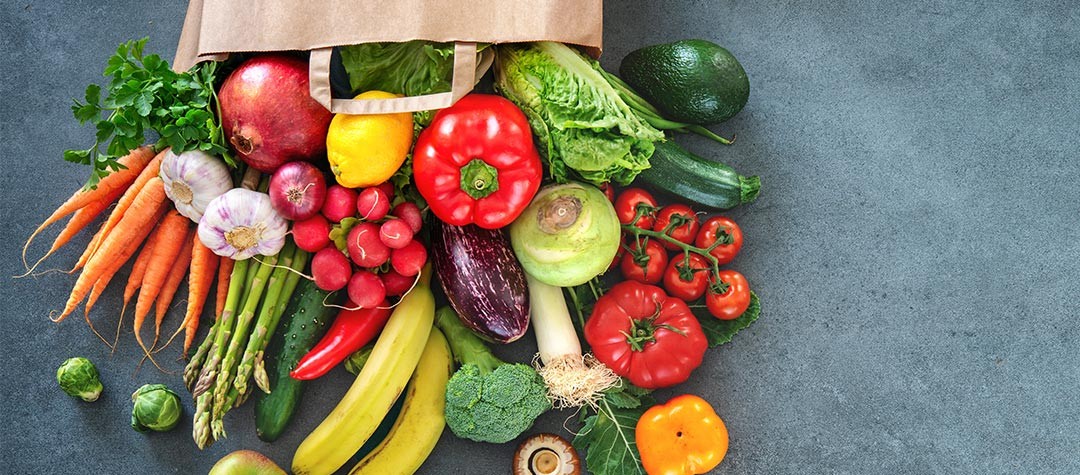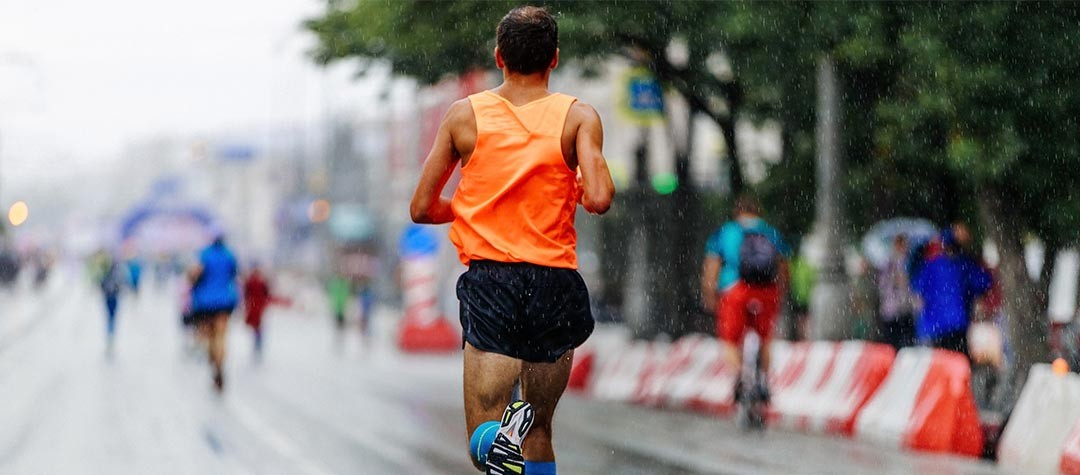Although there’s a lot of focus on what to eat before you run, your post-run snacks can also have a huge impact on your recovery. Here are seven post-run treats you need to avoid.
1. Vegetables
All of your life people have probably been telling you that vegetables are the key to a healthy diet, so you might be shocked to hear that veggies are not the ideal post-run snack. Think of your body like a car. After a run you’ve expended energy, and that means you need to refuel. Vegetables have their benefits, but they are simply too low in calories to help you top up on energy and restore and replenish damaged muscles following your run. If you absolutely insist on eating vegetables after a training session, increase their energy-restoring capabilities by dipping them in some high-protein hummus.
2. High carb meals
Carbohydrates are a hugely important source of energy for runners, but to get the most benefit from them you should be eating them before you run, not immediately after. A study published in the Journal of Applied Physiology concluded that low carb meals and snacks are ideal after aerobic exercise, as they increase insulin sensitivity, and keep your metabolism ticking over after exercise. Insulin is a fat storage hormone, and spiking its production by consuming carbs immediately after your run could risk ruining all of your hard work. Instead, opt for lean protein filled meals, and save the carbs for later.
3. Salty foods
Potassium is a key aspect of your recovery post run, but consuming snacks that are high in salt (such as crisps) can reduce potassium levels drastically and hinder your recovery. According to research carried out at Harvard University, adults consume on average 2,500mg of potassium a day, while the minimum daily recommended amount is 4,700mg. When you look at sodium on the other hand, we consume between 2,500 and 7,500mg per day, while the body only requires 200mg. Post-run is a key time to turn the tables by reducing your salt intake, and opting for high potassium foods like beans and fish.
4. Saturated fat
Fat has its place in your diet, but post-run is not one of them. Saturated fats in particular should be avoided after running, no matter how much you might be craving them. Research published in the American Journal of Clinical Nutrition found that saturated fats hinder nutrient absorption. That means after your run when your body needs protein and other micronutrients to refuel, their levels are instead being lowered by saturated fat. Wait until around an hour after your run until you eat fat, and when you do make sure it’s in a healthy form such as grilled chicken.
5. Milk chocolate
This might seem like an obvious no-no, but you’d be surprised how many people reach for a chocolate bar after a run. Milk chocolate is very high in sugar and calories, and boasts next to no restorative benefits following your run. In other words, all it will do is take you back to square one after a tough training session. Not all chocolate is bad though. Dark chocolate eaten in moderation has a whole host of post-run benefits. Most importantly for post-run recovery it’s high in the energy-boosting chemical compound theobromine, which is used in many energy drinks for its pick-me-up qualities.
6. Sugary drinks
You come in from your run and you’re gasping for a drink to quench your thirst – what do you reach for? If you answered anything other than water or perhaps an isotonic sports drink, then you’re making a mistake. Sugar-filled drinks (there’s more of them than you think – check your labels!) are a runner’s worst nightmare, because they slow down your metabolism. That’s the same metabolism you’ve just worked so hard to increase during your training session! Weight gain aside, these drinks aren’t even good for quenching your thirst – a study published in the American College of Nutrition Journal found that whilst fizzy drinks do not actively dehydrate you, they are also not as effective at hydrating the body as water is.
7. Cereal
Cereal is quick and easy to prepare, but that doesn’t make it a good post-run treat. Quite the opposite in fact. According to a study carried out by the Environmental Working Group, many cereals on the market contain more sugar in an average serving than a chocolate bar does. Also nowadays any nutritional benefits you might have enjoyed from the cereal, including any vitamins and minerals, have probably been removed due to the modern production methods that are used to produce refined cereals. That means they quickly equate to empty calories, and a post-run nightmare in disguise.














